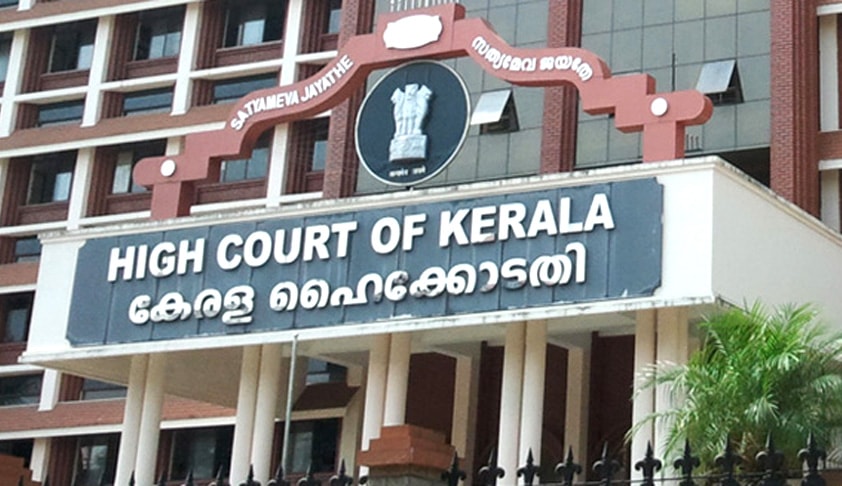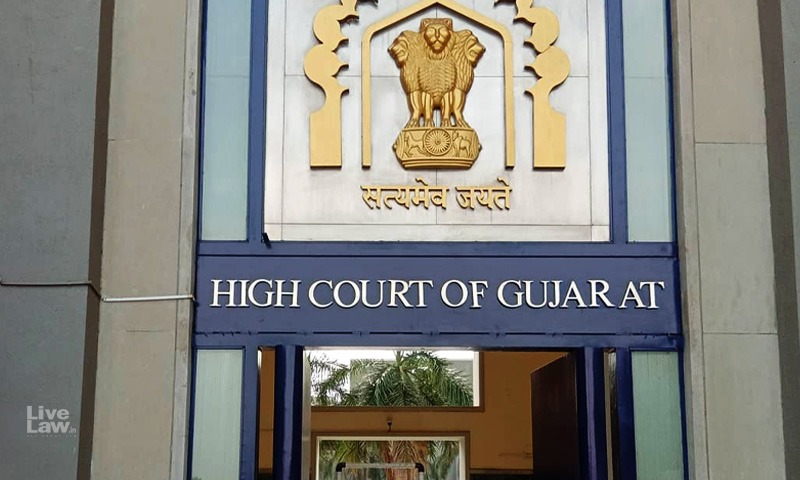Mohinder Pal, J.@mdashDefendant-appellant (hereinafter referred to as ''the appellant'') is in second appeal aggrieved against the judgments and decrees passed by the Courts below, whereby the suit filed by the plaintiffs- respondents (hereinafter referred to as the respondents) against the appellant for possession of the shop in dispute by ejectment of the appellant therefrom and for recovery of rent has been decreed. The trial Court allowed interest on the decretal amount of rent of Rs. 2540/- at the rate of 12 per cent per annum from the date of suit till its realization whereas the lower appellate Court reduced the decretal amount from Rs. 2540/- to Rs. 2452/- and further ordered that the respondents will be entitled to interest on the decretal amount at the rate of 12 per cent per annum from the date of the suit till the date of decree by the trial Court and future interest at the rate of 6 per cent per annum from the date of decree of the trial Court till the final payment by modifying the judgment and decree passed by the trial Court to this extent.
2. It is a concurrent finding of both the Courts below that the appellant was occupying the shop in dispute as a tenant under Hari Singh, grand-father of the respondents. Hari Singh had executed Will dated 21.4.1981 (Exhibit P.1) in favour of the respondents, who became owners of the shop in dispute on the basis of this Will. It was the plea of the appellant before the Courts below that he had been paying rent in respect of the shop in dispute to Han Singh during his life time. In order to prove the Will (Exhibit P.1), the respondents examined Saroop Singh, the Scribe of the Will and Parkash, a marginal witness of the Will. Both these witnesses deposed that the Will (Exhibit P.1) had been executed by Hari Singh in favour of the respondents and that Hari Singh was possessing a sound disposing mind at the time of execution of the Will. The Will (Exhibit P.1) is a registered document. In fact, Surj it Singh, son of Hari Singh and father of the respondents, had appeared in favour of the respondents and supported the Will. The appellant did not pay any rent to the respondents after the death of Hari Singh. There is not even an iota of evidence on record which may prove that the appellant ever paid any rent to the respondents in respect of the shop in dispute. On the other hand, the respondents, proved on record by leading cogent evidence that the appellant did not pay any rent in respect of the shop in dispute with effect from 1.5.1981. The respondents served notice under the provisions of the Transfer of Property Act upon the appellant to vacate the shop in dispute, but he did not respond to it. It was conceded position before the Courts below that no Notified Area Committee was in existence in the area where the shop in dispute is situated. Thus, it has been held by both the Courts below that provisions of the East Punjab Urban Rent Restriction Act, 1949, were not applicable to the shop in dispute. The findings recorded by both the Courts below are the findings of fact. It could not be pointed out by the learned counsel for the appellant that such findings are based on misreading of evidence or that material evidence has not been taken into consideration.
3. Under the circumstances, insofar as merits of the case, I do not find any patent illegality or irregularity in the findings recorded by the Courts below, which may give rise to any substantial question of law in the present appeal. Resultantly, this appeal is hereby dismissed being without any merit.

